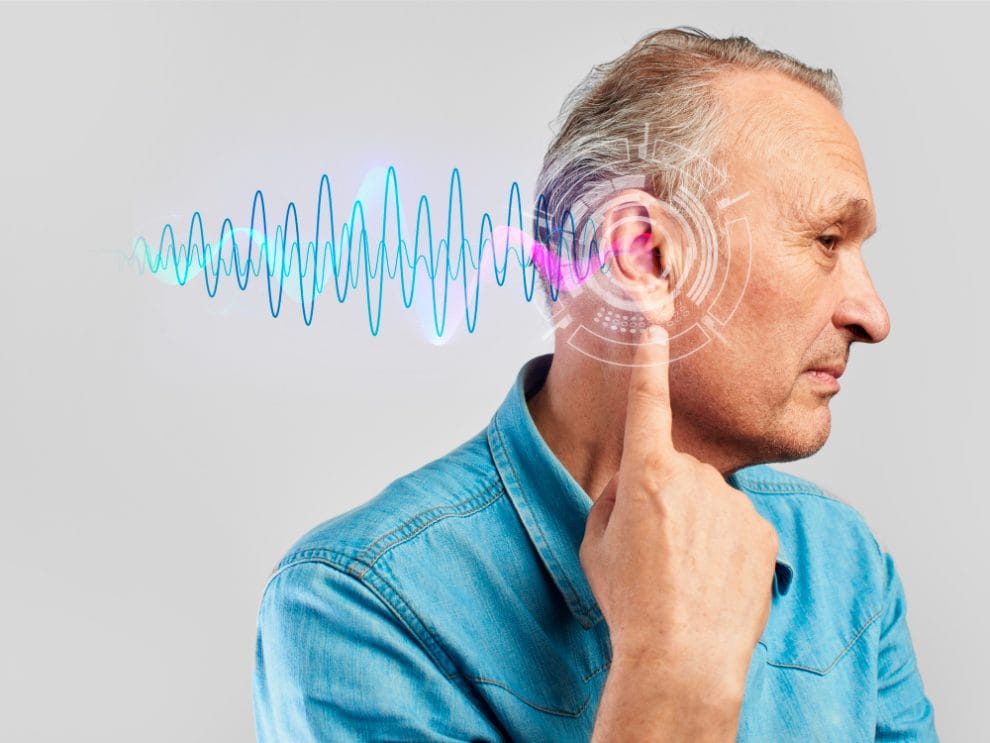Understanding Age-Related Hearing Loss and How to Prevent It

Age-related hearing loss, also known as presbycusis, is a natural part of the aging process that affects millions of people worldwide. It typically occurs gradually and can significantly impact quality of life by making it difficult to communicate, enjoy music, or even recognize important sounds like alarms. Understanding the causes, symptoms, and preventive measures can help you manage this condition effectively and maintain your hearing health.
- What Causes Age-Related Hearing Loss?
- Signs and Symptoms of Age-Related Hearing Loss
- How to Prevent Age-Related Hearing Loss
- The Role of Regular Hearing Checkups
- Treatment Options for Age-Related Hearing Loss
- The Importance of Addressing Hearing Loss Early
- Conclusion: Take Control of Your Hearing Health
Presbycusis occurs due to changes in the auditory system as you age. Over time, the tiny hair cells in the inner ear, responsible for transmitting sound signals to the brain, begin to deteriorate. Since these hair cells cannot regenerate, their loss leads to a gradual decline in hearing ability.
Other contributing factors include long-term exposure to loud noises, which can damage the hair cells, and age-related changes in the blood vessels that supply the ear. Genetics also play a role, as some individuals are more predisposed to hearing loss than others. Additionally, chronic conditions like diabetes or high blood pressure can exacerbate hearing decline by affecting the ear’s delicate structures.
Recognizing the early signs of hearing loss is crucial for seeking timely intervention. Common symptoms include difficulty understanding speech, especially in noisy environments, and frequently asking people to repeat themselves. You might also notice that higher-pitched sounds, such as children’s voices or birds chirping, become harder to hear.
Another telltale sign is the need to turn up the volume on your TV or phone more frequently. In some cases, individuals may experience tinnitus, a persistent ringing or buzzing in the ears. If you notice these symptoms, it’s essential to consult a hearing specialist for a comprehensive evaluation.
While age-related hearing loss is not entirely preventable, there are several steps you can take to reduce your risk and slow its progression:
- Protect Your Ears from Loud Noises
Prolonged exposure to loud sounds can accelerate hearing loss.- Use earplugs or noise-canceling headphones in noisy environments like concerts or construction sites.
- Follow the 60/60 rule: Listen to music at 60% of the maximum volume for no more than 60 minutes at a time.
- Maintain a Healthy Lifestyle
A balanced diet and regular exercise contribute to better overall health, including your ears.- Eat foods rich in antioxidants, magnesium, and zinc, which support auditory function.
- Exercise regularly to improve blood circulation, ensuring your inner ear receives adequate oxygen and nutrients.
- Avoid Ototoxic Medications
Some medications can harm your hearing by damaging the inner ear structures.- Consult your doctor about potential side effects of prescribed drugs, and ask for alternatives if necessary.
The Role of Regular Hearing Checkups
Scheduling regular hearing checkups is one of the most effective ways to monitor your auditory health. Early detection of hearing loss allows for timely interventions, which can slow its progression and improve your quality of life. Audiologists use tests to measure your hearing thresholds and identify any changes over time.
Annual hearing screenings are especially important for individuals over 50 or those with a family history of hearing loss. If hearing loss is detected, your audiologist may recommend hearing aids or other assistive devices to enhance your ability to communicate and engage with the world around you.
Although presbycusis is irreversible, various treatments can help manage the condition and improve your hearing experience. Hearing aids are the most common solution, amplifying sounds to make them easier to hear. Modern hearing aids come with advanced features like noise reduction and Bluetooth connectivity, making them highly effective and user-friendly.
For more severe cases, cochlear implants may be recommended. These devices bypass damaged parts of the ear and directly stimulate the auditory nerve, allowing individuals to perceive sound more clearly. In addition to these options, sound therapy and communication strategies, such as lip-reading and using visual cues, can further enhance your ability to interact with others.
The Importance of Addressing Hearing Loss Early
Ignoring hearing loss can lead to social isolation, cognitive decline, and reduced quality of life. Studies show that untreated hearing loss is associated with a higher risk of dementia and depression. By addressing the issue early, you can maintain your social connections, stay mentally sharp, and continue enjoying life’s sounds.
Conclusion: Take Control of Your Hearing Health
Age-related hearing loss is a common but manageable condition. By understanding its causes and symptoms, taking preventive measures, and seeking professional care, you can protect your hearing and maintain a high quality of life. Prioritize your hearing health today to enjoy better communication and overall well-being in the years to come.
Unlock the Secret to Healthier Hearing Today!
Take the first step toward better ear health and say goodbye to constant ringing and discomfort. Quietum Plus offers a natural and effective solution tailored for your auditory wellness. Don’t wait—click the button below and reclaim your peace of mind with our risk-free 60-day guarantee!
Leave a Reply

You may also like